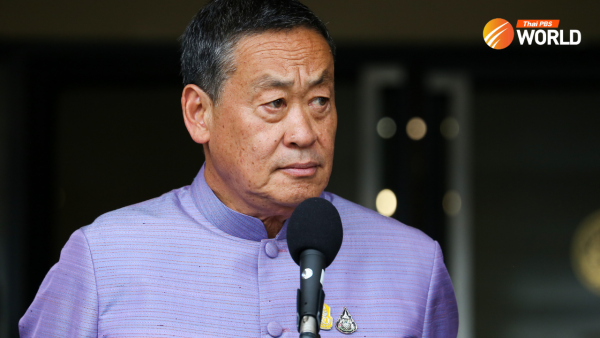The pros and cons of Pheu Thai’s “satellite” strategy

On the one hand, it is brilliant for Pheu Thai to “branch out” in a bid to get more House of Representatives seats under the new electoral rules. “Associates” of the party can deliver it a sizeable number of MPs without having to win a single constituency competition.
On the other hand, the strategy can backfire in terms of seats gained, and put the parties involved at risks of being ruled violators of electoral laws, punishable by possibly party dissolution.
The new electoral system goes like this: Every voter will be given just one ballot, and the vote will both determine who win in the respective constituency and be counted as a national vote for each party. All national votes will be combined and used to calculate how many more seats a party gets, or, in case that a party wins no constituency seat, how many seats it will have at all.
Supposing the national vote calculation states that Pheu Thai must have 200 seats but it has already won 190 seats from constituency races, it will have additional only 10 seats from the party list. Yet a party that fails to win in any constituency can still have MPs in the House of Representatives if it has acquired substantial national votes.
This way, branches can come in handy. A party that wins approximately 70,000 “national votes” can have one MP. A party that wins 700,000 votes will thus get 10 MPs without having to win at any constituency. (The 70,000 figure comes from what happened in the last election. About 35 million Thais cast their ballots then. Under the new electoral seat-rationing system, the 35 million votes would be used to specify how many seats each party should get. Roughly speaking, 70,000 votes will deliver one seat.)
According to Pheu Thai’s strategy, the party will field candidates in constituencies it is fully confident of winning. For the rest, Thai Raksa Chat, widely considered a “branch” although that has been strongly denied, apparently for legal reasons, will field candidates in order to accumulate national votes.
But the “branching out” strategy will require strategic precision, particularly in terms of which constituency to “abandon” in order to allow “second-string” candidates to run and gain substantial national votes. For “clear-cut” constituencies where Pheu Thai or its rivals dominate, things will be easy, but when it comes to a “50-50”constituency, life will be hard. Should that constituency be abandoned and considerable chances of winning thrown away, or contested and thus having “friendly candidates” at each other’s throat, giving rival candidates better advantage?
Yet nothing will compare to the risks of having the “mother party” and its branch(es) dissolved for electoral conspiracy. In politics, the line between “alliance” and working in illegal cahoots can be a pretty grey one, but one minor slip can prove a disastrous piece of legal evidence.
Another problem concerns politicians who didn’t contest as constituency candidates previously but were guaranteed an MP status under the old “party list” system. These people used to feel comfortable at Pheu Thai but can feel insecure now and think they have a better chance at one of its “branches” due to the new seat-rationing rules. Rumours about a “senior” exodus have a lot to do with this aspect and may get stronger.
Risky or not, the “satellite” strategy is the only way to outsmart the new electoral rules that Pheu Thai believe were introduced to put it in a disadvantage. Analysts have seen chances of success, but warnings are also getting louder about the strategy backfiring.






